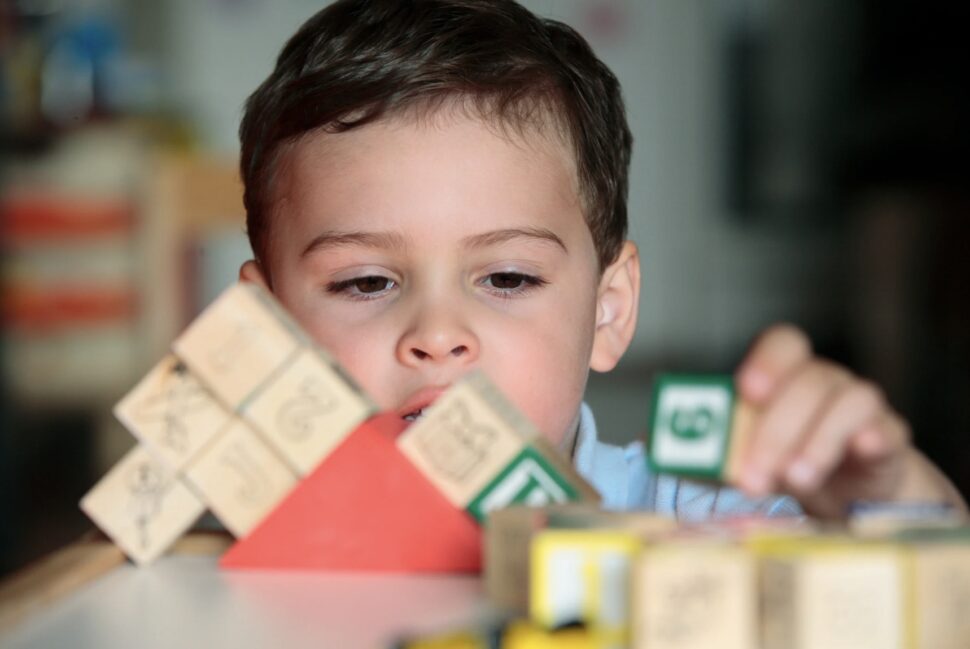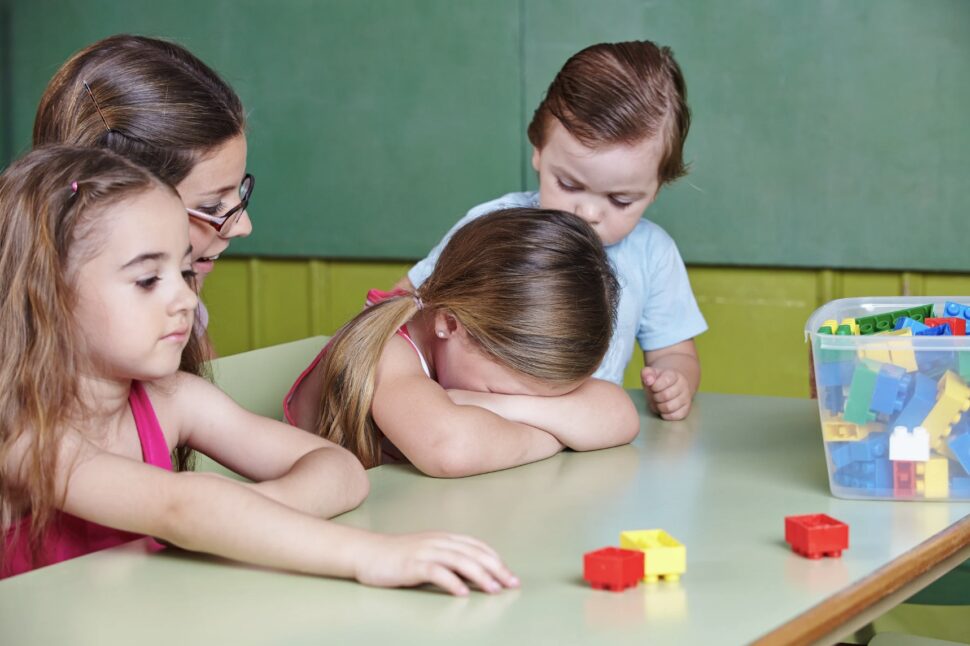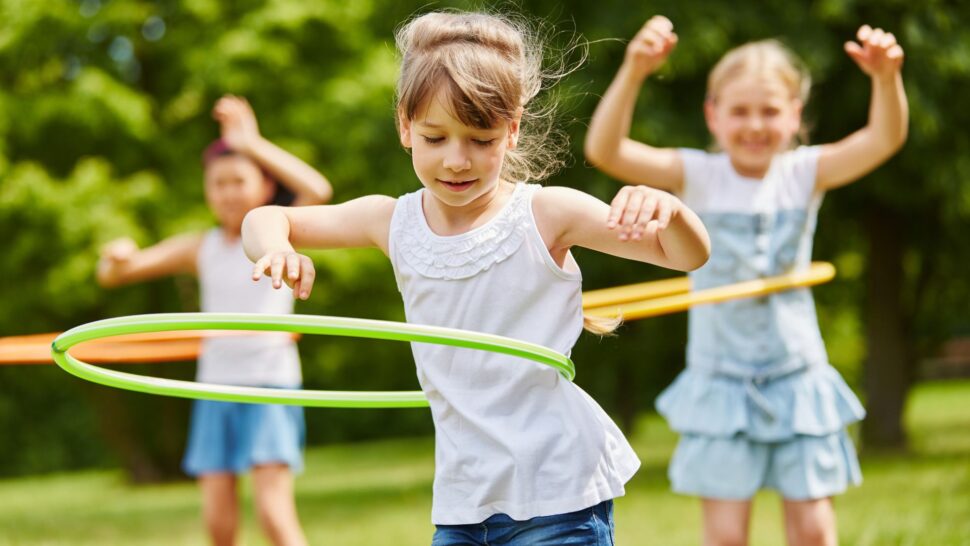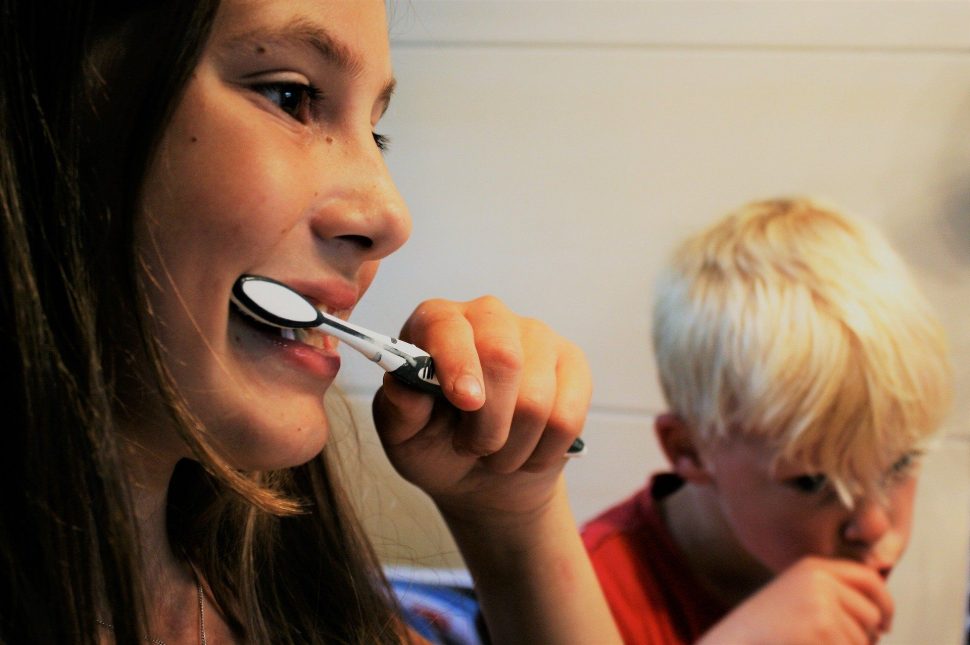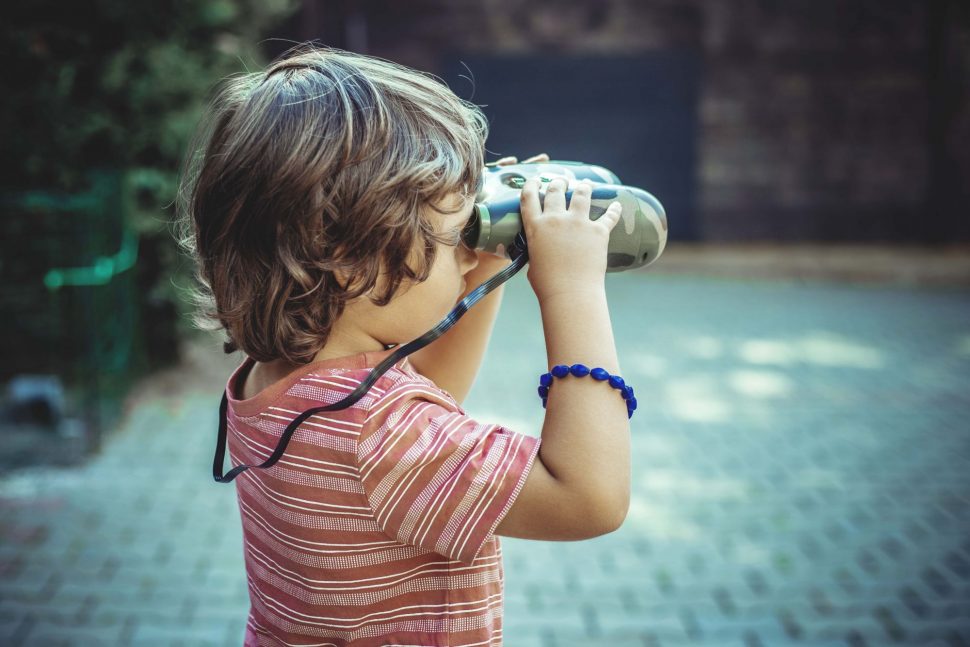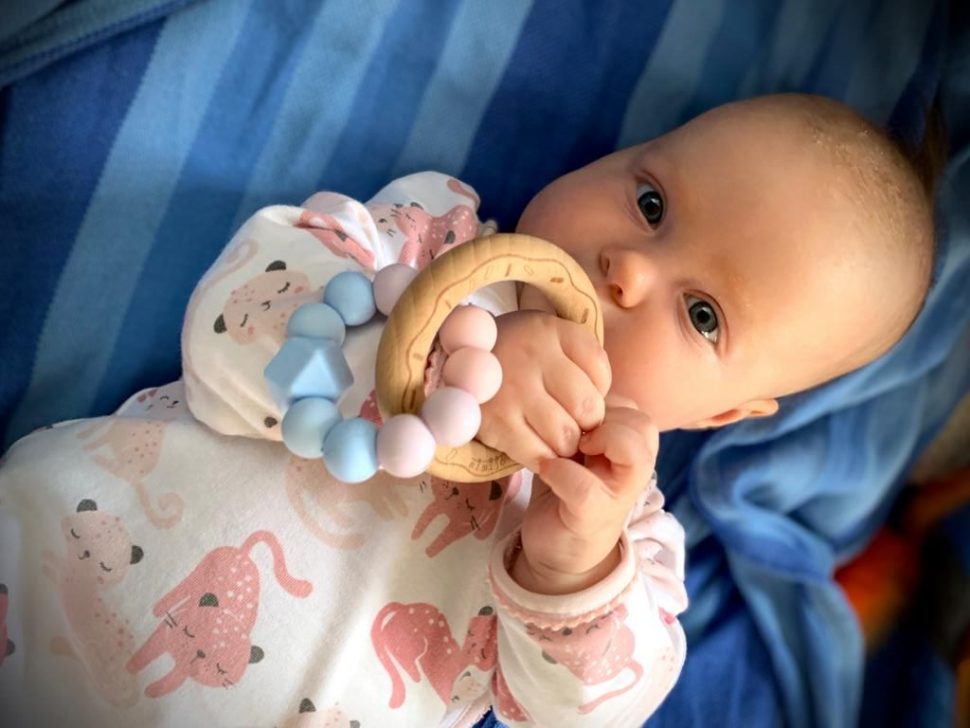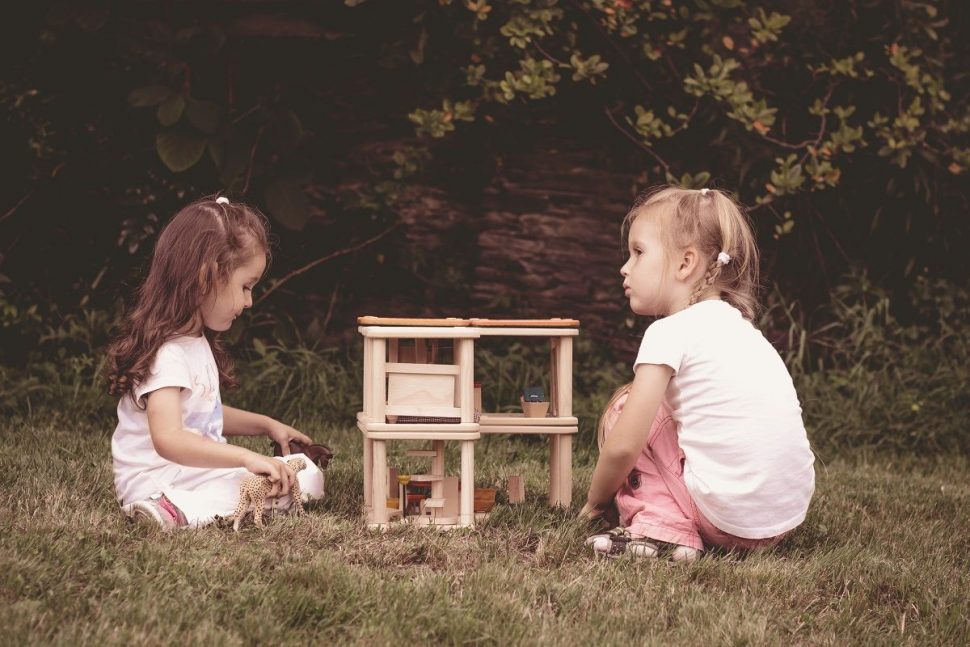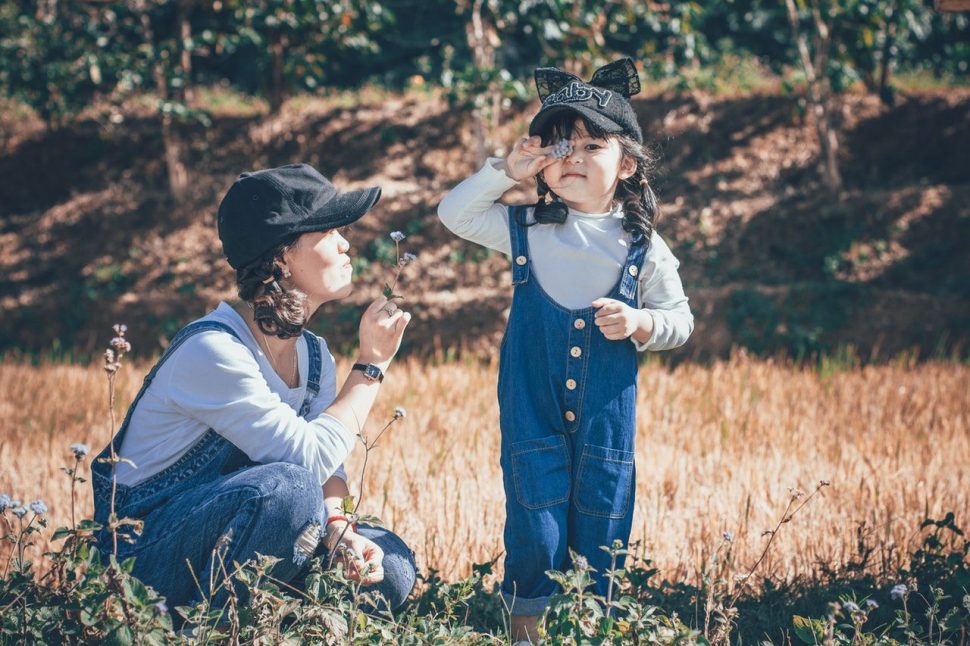When we think of a child’s freedom in Montessori, we might imagine movement: freely chosen tasks, exploration with the hands, a dance of discovery. But what if the truest expression of freedom wasn’t motion at all, but stillness? A quiet moment when the body settles and the mind comes alive. This is where spontaneous activity, supported by the...
Read more
The Hidden Roots of Discipline When we think of a well-behaved child, we often imagine someone who is quiet, polite, and follows rules. But Montessori education invites us to look deeper. What if true discipline isn’t something we teach-but something that slowly grows from within, like roots beneath the soil? In a Montessori environment, discipline is not...
Read more
Have you ever watched a toddler trying to button their coat, even when it takes them several minutes-and every ounce of patience you have? It can be so tempting to jump in and do it for them. But what if those slow, clumsy movements are exactly what they need to grow? Maria Montessori taught that children don’t...
Read more
In recent years, we’ve all felt how delicate the balance between body, mind, and emotions can be. The pandemic reminded us how essential it is to nurture resilience—not only physical, but also mental and emotional. Within the Montessori approach, we have one of the most natural tools to build this resilience from early childhood: movement....
Read more
Traveling with little ones is never boring, right? Whether you’re headed to Grandma’s for the holidays, taking a road trip, or flying to another country, there’s a lot to think about when kids are in tow. But here’s the thing: travel doesn’t have to feel overwhelming, even with small children. If you sprinkle in a little Montessori magic—like...
Read more
Why routines are helpful . . . Routines help children understand the world. For young children so much of the world is new and they are looking for some sense of order in everything going on. Without a routine, a child will be dependent on the adults to know what comes next. With a routine, a child can...
Read more
The Balance Between Consistency and Change In Montessori practice, we talk frequently about consistency so much so that sometimes we can fear change. Consistency is a cornerstone of preparing environments for toddlers. Everything in the world is so big and new for toddlers that consistency helps them prepare and know what to expect. Toddlers are looking...
Read more
Building a new Relationship Montessori goes beyond a method of education to an understanding of how to support natural development. Maria Montessori’s philosophy and developmental theories help us understand what the development needs are at certain points in life and the practice and implementation help us follow each child’s individual inner guide or developmental path through kindness...
Read more
Let’s say you’re sold – you believe that Montessori is the right path for you and your family. What are the most common obstacles between parents and this choice?
Read more
We’ve spoken extensively on the theory of parent-child communication – rightfully so, as it is one of the most essential parts of parenting. So here is the practice: concrete examples of the five most useful and important phrases in any parent’s vocabulary.
Read more 